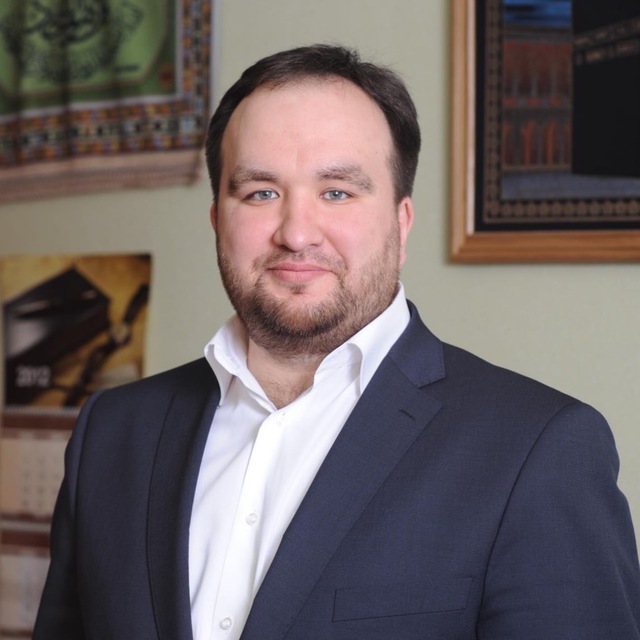The article presents the results of a mass survey conducted in September 2020 in the Republic of Tatarstan. The purpose of the survey was to analyze the Islamic religiosity of the Tatars living in the Republic. The authors examined the influence of religion on everyday practices, social and political institutions. In particular, the study participants were interviewed about their attitude to the Muslim dress of women, their attitude to polygamy, the need for halal food in public schools. The authors analyzed the influence of Islam on the respondents’ views on the authorities. The respondents were asked questions: should Islam be given the status of a state religion? Is it necessary in the Constitution of the Republic of Tatarstan to have a legal norm that only a Muslim can become the head of the republic? The authors studied the topical issue of the relationship between the Islamic and secular courts. Which court would the respondents prefer to apply to, if necessary – to secular or Islamic law? It was found that Muslim ideals and norms about behavior in public places and family life, correct government and state, laws and courts have a significant impact on the beliefs and daily practices of many Tatars living in the Republic of Tatarstan and who are followers of Islam. For some respondents, such Western ideas as the separation of religion from the state and secularism are not self-evident. At the same time, the answers of the majority of respondents indicate their secular preferences and low personal religiosity. There are many nominal Muslims in Tatarstan who identify as such exclusively for ethnic reasons. Likewise, the republic does not condemn non-observance of the precepts of Islam and there is no desire to create the institutions of power in accordance with the norms of Islam. Supporters of Islamization and theocracy are extremely few in number. The role of Islam is significant on a daily basis. One can lead some of the respondents to the desire to spread religious practices beyond the boundaries of private life – into the public sphere. The authors also compared the results of this study in the Republic of Tatarstan with the data of a survey they conducted in 2018 in the Chechen Republic.
Keywords: religiosity, Islam, Republic of Tatarstan, Tatars, mass poll, halal, polygamy, Sharia, secularism
DOI: 10.22250/2072-8662.2021.3.125-139
About the author
 |
Alexey V. Sitnikov – DSc (Philosophy), Professor of the Department of State-Confessional Relations |
 |
Michail V. Romanov – PhD (Sociology), Autonomous Non-profit Organization Public Opinion Research Laboratory; |
 |
Rinat R. Faskhudinov – post-graduate student of the Department of state-confessional relations of the Russian Presidential Academy of National Economy and Public Administration; build. 1, 82 Vernadskogo prosp., Moscow, 119571, Russia; This email address is being protected from spambots. You need JavaScript enabled to view it. |






